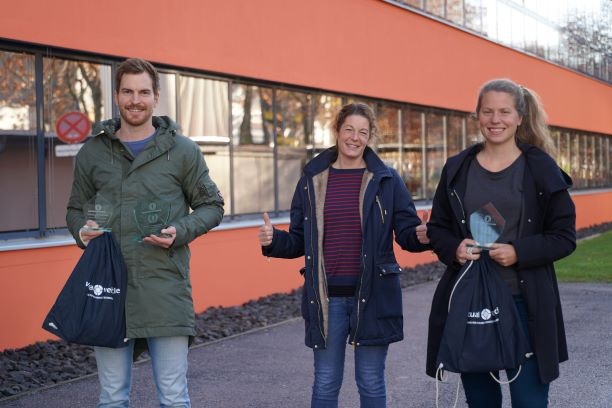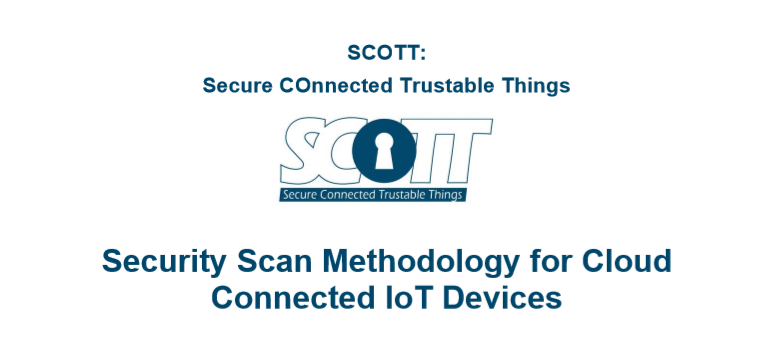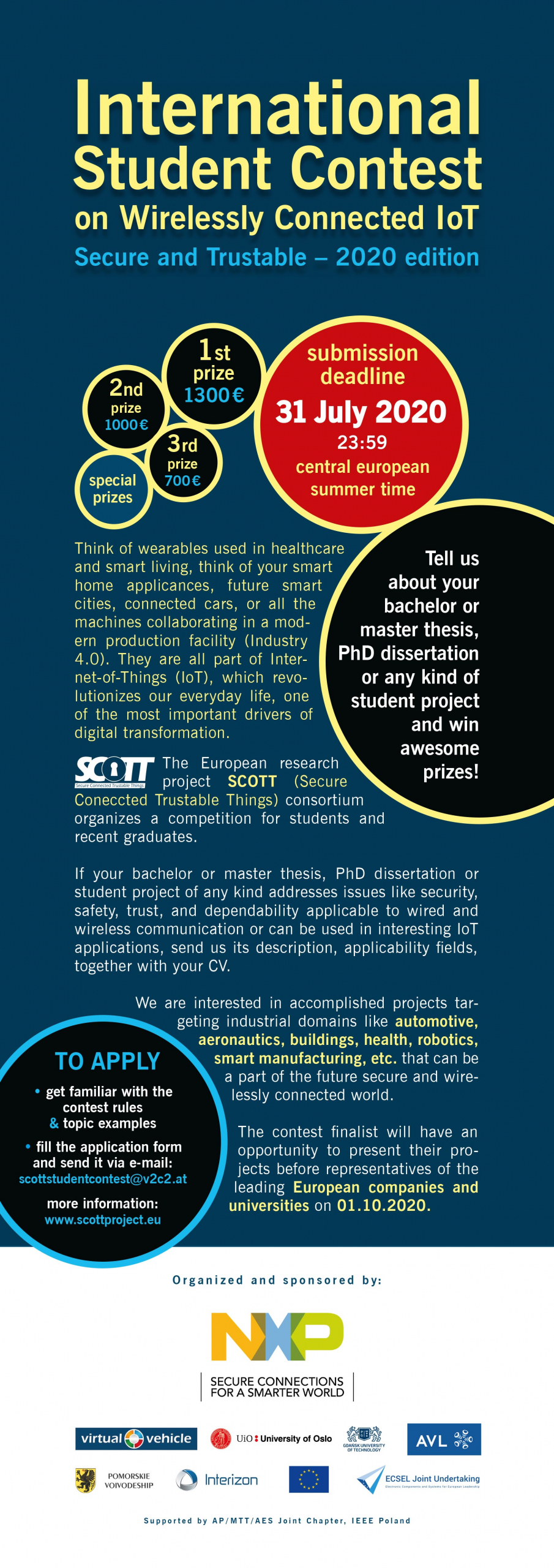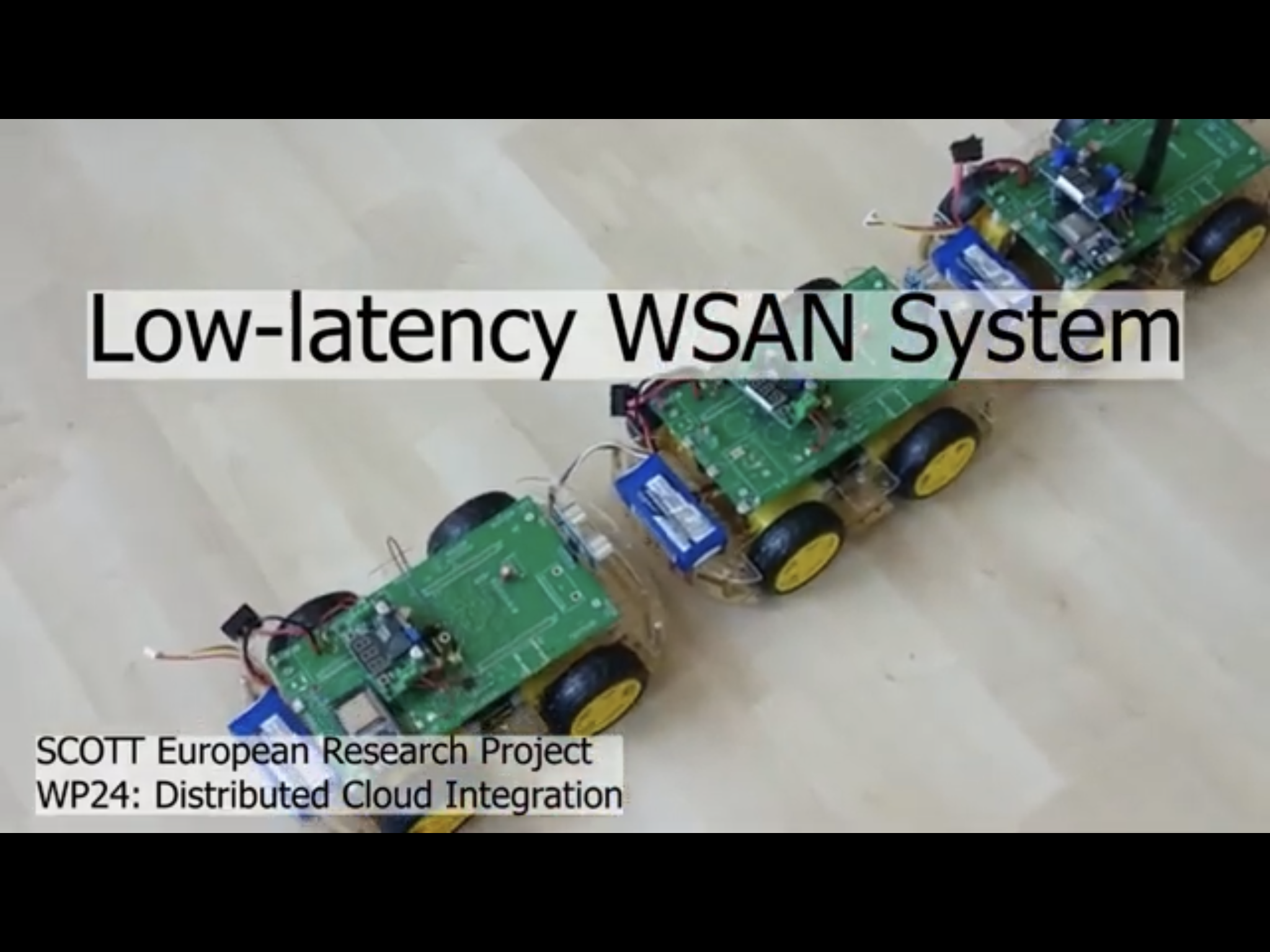SCOTT Studencontest Winners
We proudly present the two Austrian winners of the #SCOTT International #Studentcontest on Wirelessly Connected IoT: Secure and Trustable – 2020 edition ▶️ https://scottproject.eu/studentcontest/ 1️st prize and special recognition prize goes to Bernhard Großwindhager from NXP Semiconductors 2️nd prize goes to Hannah Brunner from Technische Universität Graz Yesterday they received their trophies, of course physical distance was kept. ? All organizers [...]






